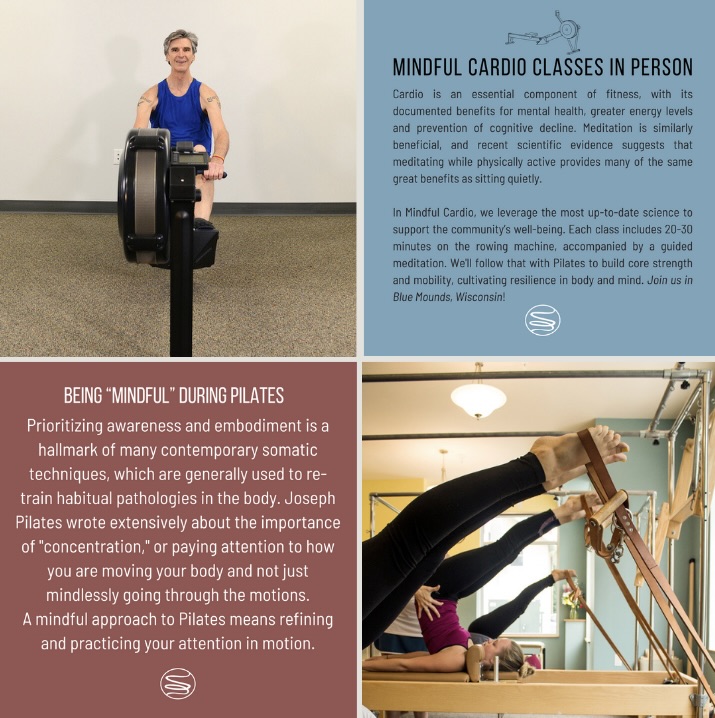Stuff I Learned - Autism as Movement Disorder?
Being in graduate school allows me to wear many hats. One of the hats is that of teacher; to the undergrads in the anatomy course that I TA, I'm one of the teaching staff. Another hat is that of student; I'm still deep in the throes of taking coursework, with the full repertoire of exams, presentations and papers. And as graduate school progresses, my biggest hat will ultimately become that of researcher.
While I'm just starting to dip my toes into the role of researcher, I'm already learning a lot about the cutting edge research in my various areas of interest.
As many of you know, I've long been interested in Autism Spectrum Disorder (ASD). The non-profit that I helped to found, YogAutism, sprung from my initial forays into bringing the benefits of Yoga to those with ASD. Now that I'm choosing a research focus, one of my interests is building on the research that began with YogAutism.
ASD is generally defined by challenges with social interaction, though it's becoming clearer that a retinue of movement disorders also accompany the ASD diagnosis. Some researchers have gone so far as to suggest that ASD is primarily a movement disorder, with social challenges riding on the proverbial coattails of the disordered movement patterns.
I think it's too soon for us to reframe ASD as primarily a movement disorder, though I do think it may be fruitful to consider how movement practices may reduce the challenges of living with ASD. If particular patterns of brain connectivity correlate with the movement and social challenges of ASD, is it too great a leap to consider how movement practices may help rewire (neuroplasticity) the brain? These are the sorts of research questions that I'm starting to ask, and I'm grateful for the opportunity to rigorously explore these questions at the University of Wisconsin - Madison!
While I'm just starting to dip my toes into the role of researcher, I'm already learning a lot about the cutting edge research in my various areas of interest.
 |
| This fellow is wearing a very large hat. |
As many of you know, I've long been interested in Autism Spectrum Disorder (ASD). The non-profit that I helped to found, YogAutism, sprung from my initial forays into bringing the benefits of Yoga to those with ASD. Now that I'm choosing a research focus, one of my interests is building on the research that began with YogAutism.
ASD is generally defined by challenges with social interaction, though it's becoming clearer that a retinue of movement disorders also accompany the ASD diagnosis. Some researchers have gone so far as to suggest that ASD is primarily a movement disorder, with social challenges riding on the proverbial coattails of the disordered movement patterns.
I think it's too soon for us to reframe ASD as primarily a movement disorder, though I do think it may be fruitful to consider how movement practices may reduce the challenges of living with ASD. If particular patterns of brain connectivity correlate with the movement and social challenges of ASD, is it too great a leap to consider how movement practices may help rewire (neuroplasticity) the brain? These are the sorts of research questions that I'm starting to ask, and I'm grateful for the opportunity to rigorously explore these questions at the University of Wisconsin - Madison!
Before I sign off for this week, I'm going to drift into potentially polarizing terrain:
"Motor
deficits may be present even before communicative or
social deficits." (Fournier, et al. Motor Coordination in Autism Spectrum Disorders:
A Synthesis and Meta-Analysis, 2010). I'm very interested in the emerging evidence suggesting that the movement deficits of ASD predate the ASD diagnosis that's based on communication or social deficits. Put another way - the child that was completely normal before _____________ , may well have had ASD -related anomalies in their gait and/or eye tracking that existed well before the event that caused ASD.
That's all for this now - may your week be rewarding!



Comments
but to the topic at hand: Very excited to see what you come up with. Movement disorder? Fascinating. I could go there.